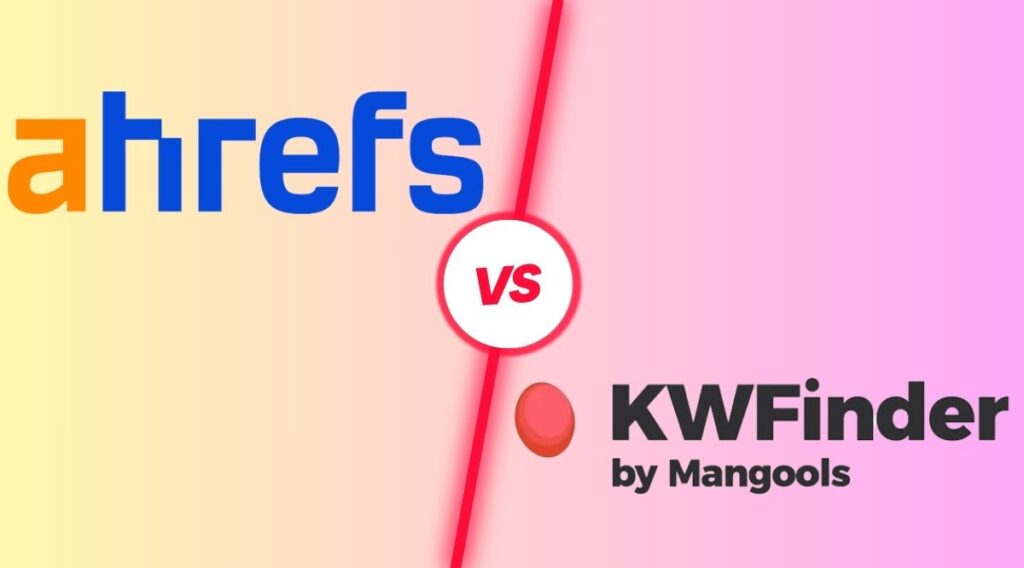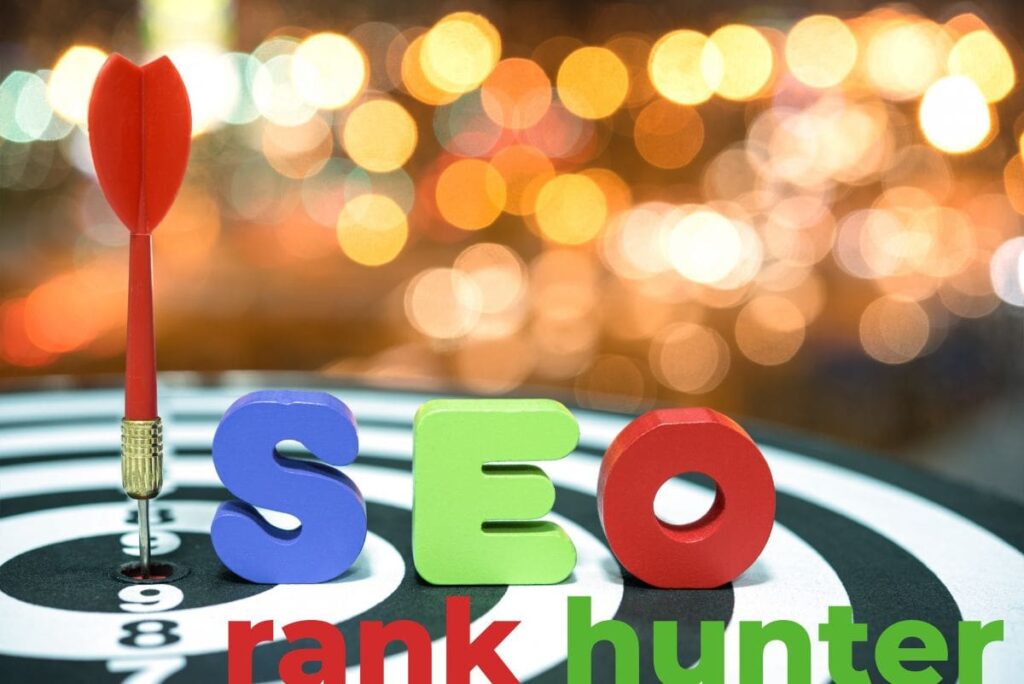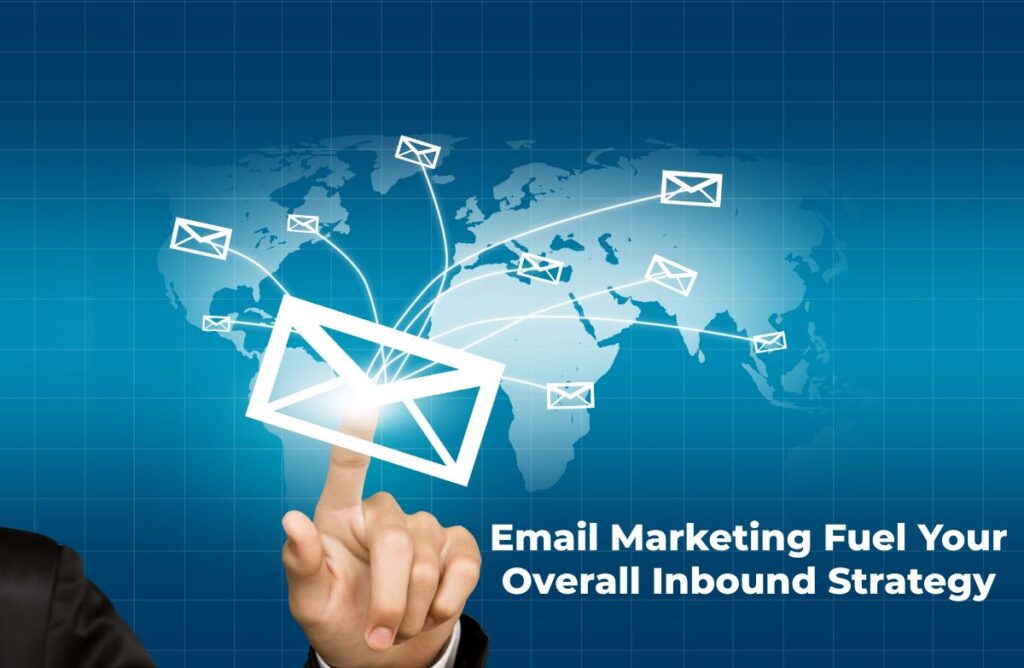In Today’s fast-paced digital world, Local PPC Management has become one of the most effective ways for businesses to attract nearby customers and drive measurable growth, with more consumers turning to search engines to discover products and services “near me.” Companies that don’t harness the power of localised pay-per-click advertising risk losing visibility to competitors. Done correctly, local PPC campaigns can position your brand in front of the right people, at the right time, and in the right place, creating opportunities for both online conversions and in-store visits.
This guide explores practical strategies for managing local PPC campaigns that not only capture engagement but also deliver tangible business results.
Understanding the Value of Local PPC
Local PPC is more than just running ads—it’s about connecting with people in your immediate community who are actively searching for what you offer. Unlike broad national campaigns, local PPC ensures your budget is spent on reaching nearby audiences who are most likely to convert into spending customers.
For example, a café in Manchester benefits far more from targeting “coffee shop near me” or “best café in Manchester” than running broad ads for “coffee shop UK.” By narrowing the focus, businesses achieve:
- Higher relevance in search results
- Increased walk-ins and local enquiries
- Better return on ad spend (ROAS)
Why Businesses Should Prioritise Local PPC
Reaching the Right Audience
Local PPC allows businesses to filter audiences by location, demographics, and intent. This means your ads won’t be wasted on people hundreds of miles away who can’t visit your shop or book your services.
Outperforming Larger Competitors
Even small businesses can compete with national brands by appearing prominently in local searches. When someone nearby looks for a plumber, restaurant, or law firm, your ad can appear above big-name competitors.
Driving Measurable Outcomes
Unlike traditional advertising, every click, call, or conversion from a local PPC campaign can be tracked. This provides businesses with clear insights into performance, ROI, and customer behaviour.
Also Read: What is Amazon PPC?
Core Elements of Successful Local PPC Management
1. Geographic Targeting
The cornerstone of local PPC is precise geographic targeting. By setting radius targeting or focusing on specific towns, postcodes, or neighbourhoods, you ensure your ads reach people within your actual service area.
- Radius targeting: Show ads only within a set distance of your business.
- City/ZIP targeting: Useful for service providers covering specific regions.
- Exclusion zones: Prevent ads from appearing in irrelevant areas.
2. Crafting Location-Specific Ad Copy
Generic ad copy rarely performs well in local campaigns. Instead, speak directly to your audience’s local identity. Mention nearby landmarks, seasonal events, or unique regional preferences to establish a sense of familiarity.
For example:
- Fast Plumbing Services in Leeds – Call in 30 Minutes
- Authentic Italian Pizza in Central London – Book Now
3. Keyword Strategy with Local Intent
Target keywords that include geographical markers or reflect “near me” searches. Long-tail keywords such as “emergency dentist in Birmingham” or “family lawyer Liverpool” often drive higher conversions because they indicate strong intent.
To refine this further, conduct competitor research to uncover gaps where your business can dominate.
4. Optimising Ad Scheduling
Local businesses thrive by showing ads during peak times. For example, restaurants may benefit from scheduling ads during lunchtime and evening hours, while service providers focus on weekdays when customers are actively seeking repairs or consultations.
5. Leveraging Ad Extensions
Ad extensions can seriously improve click-through rates by providing users with extra information directly in the search results. Local PPC campaigns should use:
- Location extensions to show your address and map link.
- Call extensions for immediate click-to-call actions.
- Sitelink extensions that guide users to specific services, promotions, or testimonials.
Platforms for Local PPC Success

Google Ads
The most popular platform, offering unmatched reach and flexibility. Ideal for search ads, display ads, and YouTube campaigns.
Microsoft Advertising (Bing Ads)
Though smaller in market share, Bing is particularly valuable for reaching older demographics or professionals using default browsers.
Facebook & Instagram Ads
Highly effective for visual storytelling and local promotions. Businesses can target audiences by location, interests, and behaviours while running engaging campaigns with photos, videos, and offers.
Niche Platforms
Local businesses can also explore platforms like Yelp, Nextdoor, or Waze, which directly engage community-driven audiences.
Creating Localised Landing Pages
A PPC ad is only as valid as the page it directs users to. Local landing pages must:
- Display precise business details: address, phone number, and opening hours.
- Match the promise of the ad (if the ad promotes a special deal, the landing page must highlight it upfront).
- Feature customer testimonials from local clients.
- Include strong calls-to-action such as “Book Now,” Visit Today,” or “Call for a Free Quote.
Mobile optimisation is non-negotiable. Many local searches happen on smartphones, so pages must load fast and provide click-to-call options.
Budgeting for Local PPC Campaigns
Budgeting should reflect your goals, local market competition, and average cost-per-click in your industry. A good approach is to:
- Start small: Test with a modest daily budget.
- Track conversions: Identify which keywords and ads perform best.
- Scale gradually: Allocate more budget to top-performing campaigns while trimming underperformers.
Local campaigns are often more cost-effective than national ones, as competition for keywords tends to be lower, and ads target a smaller pool of potential customers.
Tracking and Analytics for Better Performance
Without tracking, PPC is guesswork. Implement tools such as:
- Google Ads Conversion Tracking for monitoring clicks, form fills, and calls.
- Google Analytics to track user behaviour on landing pages.
- Call tracking software to measure the number of enquiries generated by ads.
Analyse key metrics like Click-Through Rate (CTR), Cost-Per-Click (CPC), and Return on Ad Spend (ROAS). Use these insights to purify targeting, ad copy, and bidding strategies.
Also Read: What Is Enterprise Marketing
Advanced Strategies for Local PPC Growth
Geo-Targeted Remarketing
Show ads to people who previously visited your site but are located within your service area. This keeps your business top-of-mind for potential customers.
Seasonal and Event-Based Campaigns
Align ads with local holidays, festivals, or sporting events. A pub in Liverpool might advertise special deals during football matches, while a florist could run campaigns before Valentine’s Day.
Competitor Targeting
Some platforms allow ads to show when users search for competitors. This gives you a chance to present an alternative and capture competitor traffic.
Dynamic Keyword Insertion
Personalise ads by automatically inserting the user’s search query. For example, someone searching “roof repair in Manchester” sees your ad headline as “Reliable Roof Repair in Manchester.”
The Role of Reviews and Reputation in Local PPC
Online reputation directly impacts ad performance. Positive reviews increase trust, while negative ones can harm credibility. Linking ads with Google Business Profile ensures star ratings and reviews appear alongside ads, boosting click-through rates.
Businesses should:
- Actively collect customer reviews.
- Respond politely and promptly to both positive and negative feedback.
- Highlight glowing testimonials in ad copy and landing pages.
Crafting Campaigns for Multiple Localities

For businesses serving multiple areas, a “one-size-fits-all” approach rarely works. Instead, create tailored campaigns for each locality.
For example, a cleaning company serving Manchester, Liverpool, and Leeds should create separate campaigns for each city with custom ad copy, keywords, and landing pages. This ensures maximum relevance and higher conversion rates.
Common Mistakes to Avoid in Local PPC
- Overly broad targeting: Wasting budget on irrelevant clicks.
- Ignoring negative keywords: Allowing ads to show for irrelevant searches.
- Weak landing pages: Losing conversions due to poor design or unclear CTAs.
- Failing to monitor performance: Letting underperforming ads drain the budget.
- Neglecting mobile users: Missing out on the majority of local searches.
Avoiding these pitfalls ensures more substantial ROI and more consistent growth.
Conclusion
Local PPC Management is not just an advertising tactic—it’s a growth engine for businesses looking to dominate their local markets. By combining precise geographic targeting, compelling ad copy, clever keyword use, and optimised landing pages, companies can connect with nearby customers at the exact moment they are ready to buy.
With thoughtful budgeting, continuous optimisation, and a focus on delivering real value, businesses can transform their PPC campaigns into a sustainable source of leads, sales, and long-term growth.
Whether you’re a small shop wanting more foot traffic or a service provider looking to outshine local competition, the right local PPC strategies will put your brand front and centre when it matters most.
FAQs (Frequently Asked Questions)
What is Local PPC Management, and why does it matter for small businesses?
Local PPC management focuses on running paid ads targeted at a specific geographic area to attract nearby customers. For small businesses, this ensures ad spend goes toward reaching real prospects within their service region. It helps generate more qualified leads and boosts conversions faster.
How is Local PPC different from traditional PPC campaigns?
Traditional PPC targets a broader or even global audience, whereas local PPC narrows the focus to people within a chosen city, town, or radius. This makes ads more relevant to the audience and cost-efficient for businesses serving local markets. By staying local, businesses avoid wasted clicks from irrelevant regions.
What industries benefit the most from Local PPC campaigns?
Local PPC works best for service-based industries such as restaurants, dentists, gyms, real estate agencies, and repair services. These businesses rely on nearby customers and can see a faster return on investment by targeting local searches. Any company with a physical presence can benefit.
How much budget should I allocate for Local PPC ads?
Budgets for local PPC depend on competition, keywords, and industry goals. Many businesses start small, testing campaigns with a few hundred dollars per month. As results improve, budgets can be scaled to maximise visibility and conversions without overspending.
How quickly can I see results from a Local PPC campaign?
Unlike organic strategies, PPC campaigns can deliver results almost immediately after launch. Businesses often start noticing clicks, calls, and visits within days. However, refining campaigns for the best ROI may take a few weeks of consistent management and optimisation.










